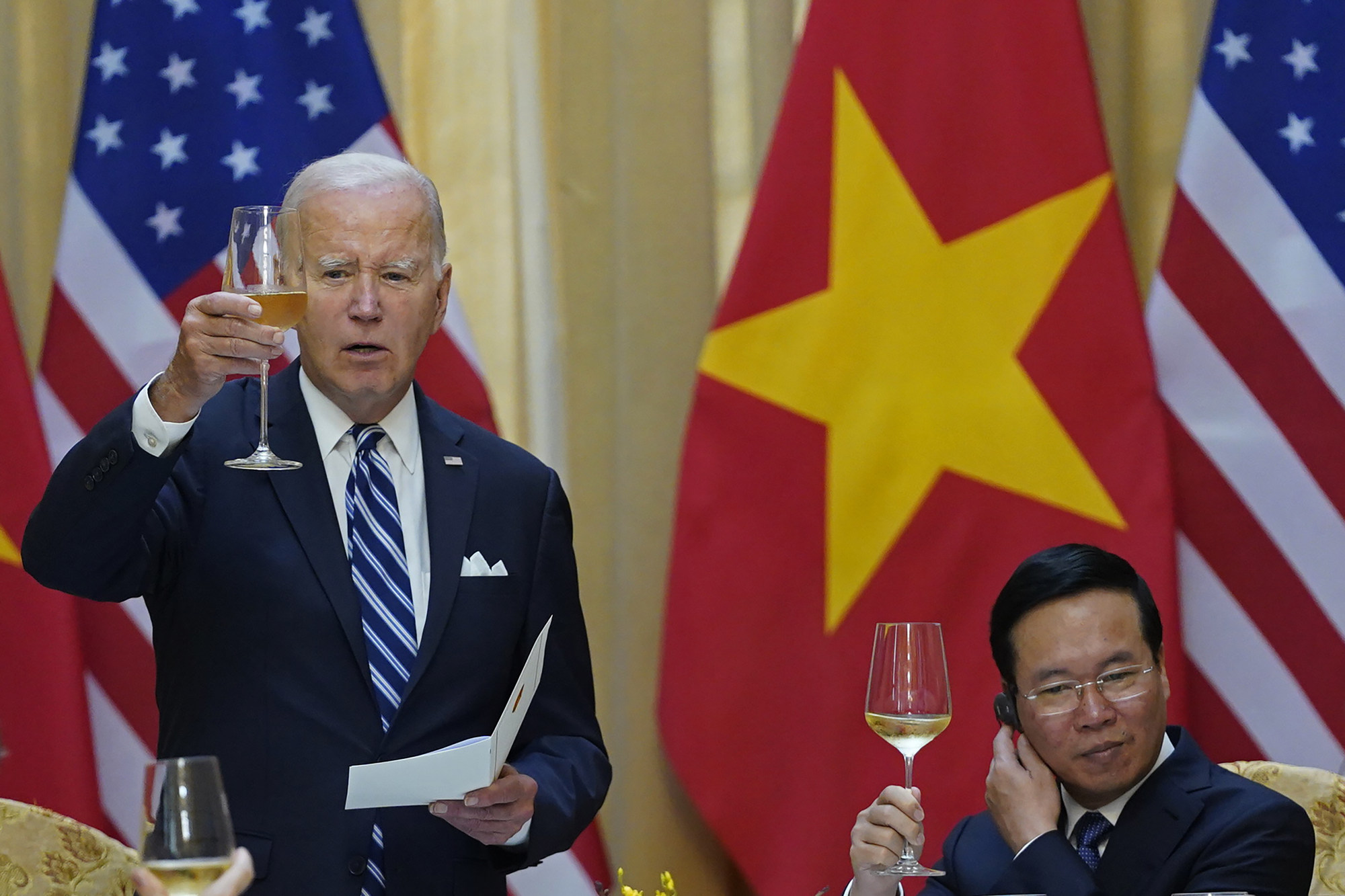Intel calls off planned chip operation expansion in Vietnam, which positions itself as a China alternative: source
But shortly after Biden’s visit, US officials informed a select group of US businessmen and experts that Intel had shelved an expansion plan, one of the participants in the meeting told Reuters.
The source, who declined to be named because the information was confidential, said Intel had made that decision around July.

The company did not say why it had called off the expansion, the person said, but a second source who attended two separate meetings in recent weeks between US companies and top Vietnamese officials said Intel had raised concerns about the stability of power supplies and excessive bureaucracy.
One of those meetings took place last week in Hanoi and was attended by Vietnam’s Deputy Prime Minister Tran Luu Quang.
Asked about the plan, Intel declined to comment but told Reuters: “Vietnam will continue to be a critical part of our global manufacturing operations as demand for semiconductors grows.”
The US embassy in Hanoi declined to comment. The Vietnamese government did not reply to requests for comment.
Intel’s about-turn would be a blow to Vietnam’s growing ambitions to play a larger role in the global semiconductor industry. It has been holding talks with chip makers, hoping to lure firms seeking to diversify their supply chain.

During Biden’s visit to Hanoi, the White House unveiled new initiatives and investments by US chip companies including Amkor, Synopsys and Marvell. Intel was not mentioned.
“You cannot take for granted that because Intel has already invested here it will invest more,” Chung Seck, partner at law firm Baker & McKenzie Vietnam told Reuters.
Reuters reported in February that Intel was planning a new investment in Vietnam that could be worth about US$1 billion, to boost its US$1.5 billion factory in the country. Asked about the possible investment plan at the time, Intel told Reuters: “Vietnam is an important part of our global manufacturing network, but we have not announced any new investments.”
Vietnam government’s official portal had mentioned plans to attract US$3.3 billion in additional investment from Intel, but it later removed that reference after the media reported it.
Intel and other multinationals have pressed the Vietnamese government to offer handouts worth millions of dollars when it introduces a new levy on large companies as part of a global tax overhaul. Plans for the tax and subsidies, due to be imposed next year, are still being discussed.

